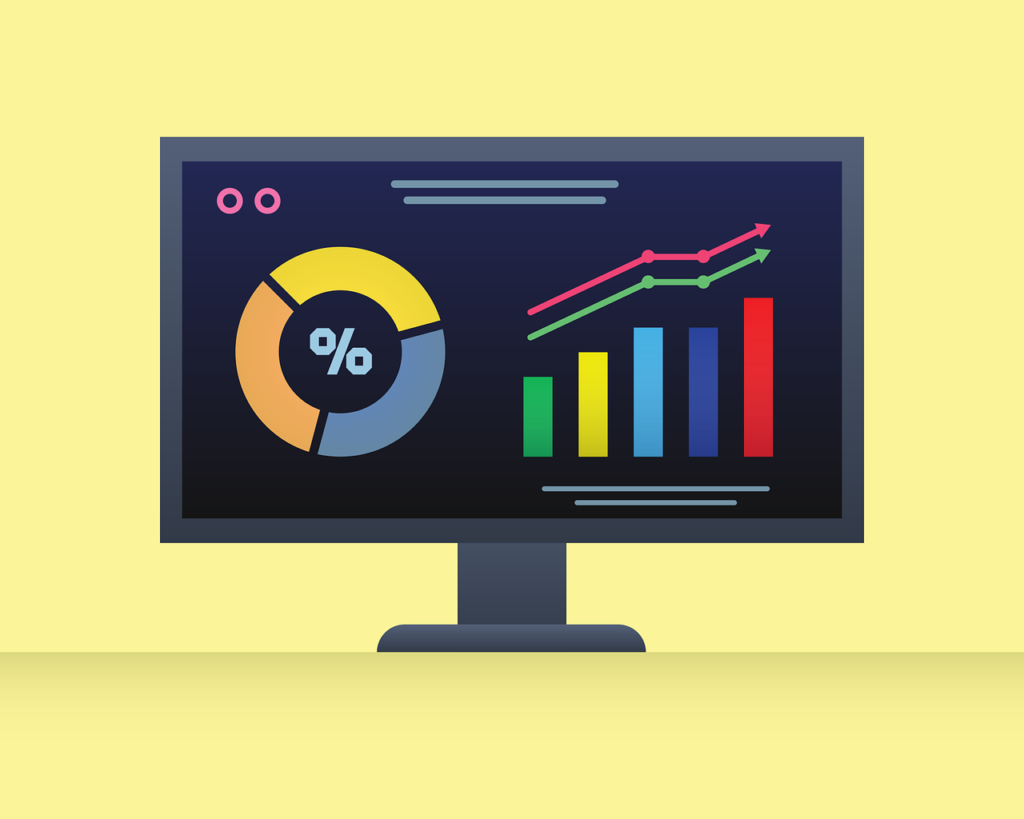What is debt fund: Navigating the Pros and Cons

Investing is an art, and the palette of options available to investors is vast. One option that often finds itself in the spotlight is debt-based mutual funds. In this article, we will delve into the complexities of debt funds, exploring their pros, and cons, and answering common questions to help you make informed investment decisions.
Understanding the Basics: What is Debt Funds?
Types of Debt Instruments Involved
Debt-based mutual funds primarily invest in fixed-income securities such as government bonds, corporate debentures, and money market instruments. These funds aim to provide stable returns by earning interest on these fixed-income instruments.
How Debt Funds Operate
Unlike equity funds, which invest in stocks, debt funds operate on the principle of lending money. Investors pool their funds, and the fund manager lends this money to entities issuing debt. The interest earned is then distributed among the investors.
Pros of Investing in Debt-Based Mutual Funds
Stability and Lower Risk
One of the significant advantages of debt based mutual funds is their stability. With investments in fixed-income securities, these funds are less susceptible to market volatility, making them an attractive option for risk-averse investors.
Regular Income Stream
Debt Based mutual funds often provide a steady income stream through interest payments. This makes them an appealing choice for those seeking regular payouts, especially during retirement.
Tax Efficiency
Debt Mutual funds enjoy tax advantages, especially for investors in higher tax brackets. The taxation on capital gains is more favourable compared to short-term returns from equity investments.
Cons of Debt-Based Mutual Funds
Lower Returns Compared to Equity
While debt funds offer stability, they usually come with lower returns than equity funds. Investors must weigh the trade-off between stability and potential higher returns when selecting debt funds.
Interest Rate Risks
Debt funds are sensitive to changes in interest rates. When rates rise, the value of existing bonds may fall, impacting the fund’s NAV (Net Asset Value).
Inflation Impact
Inflation can erode the purchasing power of returns from debt funds. Investors need to consider this factor, especially when planning for long-term financial goals.
Navigating the Market: Tips for Investing in Debt Funds
Research and Analysis
Before investing in any debt based fund, thorough research is crucial. Understanding the fund’s portfolio, credit quality, and historical performance helps in making informed decisions.
Diversification
Diversifying across various debt instruments reduces risk. Opting for funds with a mix of government and corporate bonds adds another layer of risk management.
Understanding Credit Ratings
Credit ratings provide insights into the risk associated with a particular bond. Investors should be aware of the credit quality of the instruments in which the fund invests.
Common Questions About Debt-Based Mutual Funds
How do Debt Mutual Funds Generate Returns?
Debt funds generate returns through interest income from the bonds in their portfolio. Additionally, capital appreciation when bond prices rise contributes to overall returns.
What is the Ideal Investment Duration for Debt Mutual Funds?
Debt funds are suitable for both short-term and long-term investments. Short-term funds are ideal for those with a horizon of 1-3 years, while long-term funds are suitable for goals beyond 3 years.
Are Debt Mutual Funds Suitable for Long-Term Goals?
Yes, debt mutual funds can play a role in long-term portfolios by providing stability and consistent income. However, a diversified approach incorporating equity may be more appropriate for wealth creation over the long term.
How to Assess Risk in Debt mutual Funds?
Assessing credit ratings, interest rate scenarios, and the fund manager’s strategy are key to understanding and managing risks associated with debt funds.
Can Debt Based Funds Beat Inflation?
While debt mutual funds offer stability, they might not always beat inflation. Investors should consider a balanced approach with a mix of equity and debt to combat inflation over the long term.
Debunking Myths About Debt-Based Mutual Funds
Myth: Debt Mutual Funds are Risk-Free
Contrary to popular belief, debt funds carry risks, including interest rate risks and credit risks. While considered less risky than equities, they are not entirely risk-free.
Myth: Debt Funds are Only for Conservative Investors
Debt funds are not exclusive to conservative investors. They can be part of a balanced portfolio catering to different risk appetites.
Myth: Debt Funds Provide Fixed Returns.
The returns from debt funds are not fixed. They are subject to market conditions and can vary based on interest rates and credit quality.
Comparing Debt-Based Mutual Funds with Other Investment Options.
Equity Fund
Compared to equity funds, debt funds offer lower returns but come with reduced volatility. The choice depends on the investor’s risk tolerance and financial goals.
Fixed Deposits
While fixed deposits offer guaranteed returns, debt funds provide greater flexibility and the potential for higher returns, especially in a low-interest-rate environment.
Public Provident Fund (PPF)
PPF provides tax benefits, but debt funds may offer better liquidity. The decision depends on the investor’s financial goals and risk appetite.
Pitfalls to Avoid When Investing in Debt Funds
Chasing Past Performance.
Relying solely on past performance may lead to suboptimal investment decisions. Investors should consider the fund’s strategy, portfolio, and economic conditions.
Ignoring Interest Rate Trends.
Being oblivious to interest rate trends can result in unexpected changes in the value of debt fund investments. Staying informed about market conditions is crucial.
Overlooking Fund Manager Reputation.
A skilled fund manager is instrumental in navigating the complexities of debt markets. Investors should evaluate the track record and expertise of the fund manager.
Conclusion
In conclusion, debt-based mutual funds offer a compelling investment avenue with a mix of stability and income potential. However, investors must carefully weigh the pros and cons, aligning their choices with financial goals and risk tolerance.
Frequently Asked Questions (FAQs)
How can I redeem my investment in a debt fund?
To redeem your investment, submit a redemption request through the fund house’s online portal or visit their office. The proceeds will be credited to your registered bank account.
Are debt funds suitable for short-term goals?
Yes, short-term debt funds are suitable for goals with a 1-3-year horizon, offering stability and liquidity.
What factors affect the NAV of a debt fund?
Interest rate movements, credit rating changes, and market conditions impact the Net Asset Value (NAV) of a debt fund.
How often should I review my debt fund portfolio?
Regular reviews, at least quarterly, are advisable. This helps in assessing the fund’s performance and making adjustments as needed.
Can I switch between debt and equity funds within the same fund house?
Yes, many fund houses allow switching between different funds within their offerings. Check the fund’s prospectus for details on the switching process.





